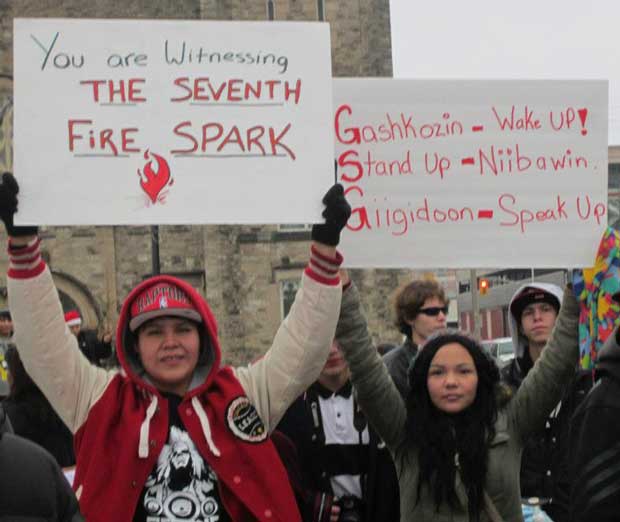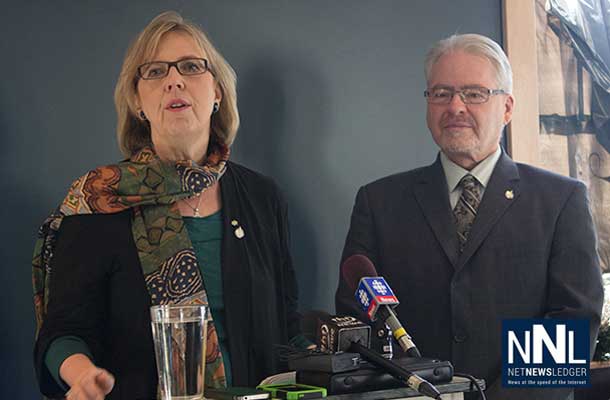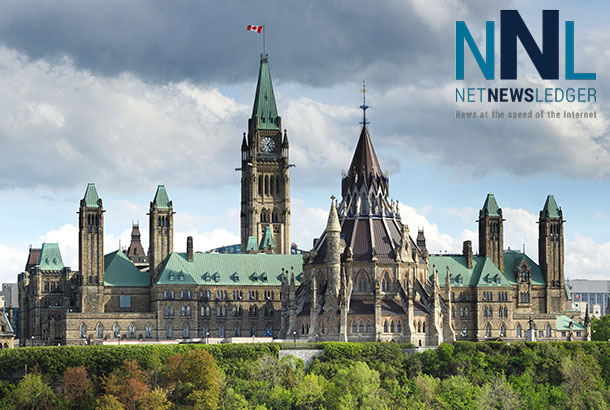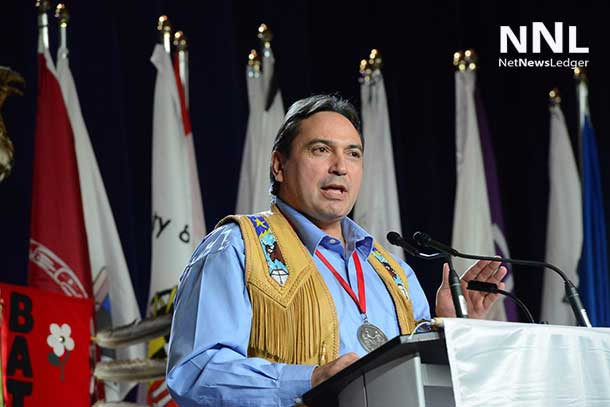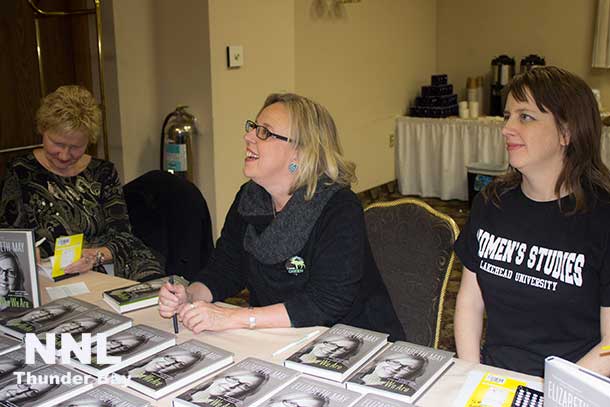
THUNDER BAY – Ontario Regional Chief Stan Beardy has written an open letter to Prime Minister Harper.
Here is the text of the Regional Chief’s letter:
On behalf of the 133 First Nations in Ontario, I am writing to express our deep concern regarding Bill C-51, the proposed Anti-Terrorism Act, 2015 because of the very serious and negative implications of several of the Bill’s elements on the fundamental civil and political rights of First Nations – as individuals and as nations and peoples.
As National Chief Bellegarde stated before the Standing Committee on Public Safety and National Security, there has not been meaningful consultation about the scope of the Bill as it affects First Nations collective rights. The capacity of First Nations to assert our collective rights through political and civil action will necessarily be negatively impacted by restrictions on individual liberties that violate individual privacy rights and fundamental human rights protected by domestic and international human rights law.
More specifically, our concerns with this Bill include the introduction of a new and dangerously broad and vague definition of the definition of “activity that undermines the security of Canada” in the proposed Security of Canada Information Sharing Act. Several aspects of this definition will serve to provide very broad scope for potentially any federal agency, department, police or security force to invade the privacy of individual First Nations people and other fundamental rights. We do not agree with the repeated assurances that the proposed “for greater certainty” clauses (referencing lawful advocacy, protest, dissent and artistic expression) will be sufficient to address the scope and complexities that arise when determining what is lawful in the contested area of Indigenous peoples’ rights. The new powers contemplated for CSIS under this Bill, the creation of a new offence of supporting “terrorism in general” and preventative detention provisions raise very serious Charter issues as many witnesses and commentators have indicated.
First Nations in Ontario regularly take political actions to assert and exercise our fundamental right to self-determination and carry out our responsibilities to the land and waters as peoples and nations. Some of these actions are carried out by individual citizens, or by First Nations leaders acting on behalf of their people. These are not infrequently deemed “protests” or “civil disobedience” when they involve disputes with private sector entities or other governments over the existence, scope or content of our inherent and Treaty rights as peoples.
In Ontario, we unfortunately know too well, that aggressive policing in the face of peaceful political action by our people can result in death, and other intolerable risks such as the unnecessary criminalization or surveillance of our political leaders, activists and citizens in violation of Treaty, inherent and fundamental human rights.
There are many such examples including the circumstances leading to the killing by police of Dudley George in 1995. The subsequent recommendations of Justice Linden in the Ipperwash Inquiry were a watermark in recognizing the need to discuss with First Nations how individual rights and collective rights issues intersect in ways that require a careful approach to law enforcement.
Chiefs of Ontario maintain that there must be ongoing dialogue and work with First Nations not just on policing operational and policy issues, but on the substantive aspects of criminal law, security law and civil law that influence law enforcement responses and shape how governments determine what is “lawful” civil and political expression and action in a First Nations rights context.
There is considerable evidence in news reports and other information sources that the RCMP, and other federal security forces, already engage in questionable surveillance activities targeting many of our people who are doing nothing more than exercising and asserting inherent and human rights through various forms of speech, expression and non-violent political activism.
We are very concerned that the federal government is using concerns about domestic and foreign-based terrorist activities as an opportunity to give various government agencies overly broad powers to unjustly invade the privacy rights and fundamental human rights of First Nations, as individuals and as peoples. We are very concerned that Bill C-51 will enable government agencies to spy on First Nations people, and to take other aggressive actions through CSIS’s new threat reduction and disruption powers where individuals or nations choose to organize or express their opposition to actions or decisions concerning development decisions.
Canada is part of the international human rights community, and as such, holds obligations to respect the right of First Nations to self-determination which is recognized in the UN Declaration on the Rights of Indigenous Peoples as well as under binding international covenants on human rights that address the equal right of all peoples to self-determination. We invite the Crown to discuss with First Nations the implications for the assertion and exercise of our inherent and pre-existing collective rights as a result of the many threats to fundamental civil and political rights of Bill C-51.
Political activism by First Nations people in various forms has a long history in this part of Turtle Island and has been a necessary part of our securing recognition and respect of our hard won individual human rights as well as our inherent and Treaty rights.
I urge you to reconsider forcing this Bill through the House of Commons without meaningful consultation with First Nations in Ontario.
Ontario Regional Chief Stan Beardy


